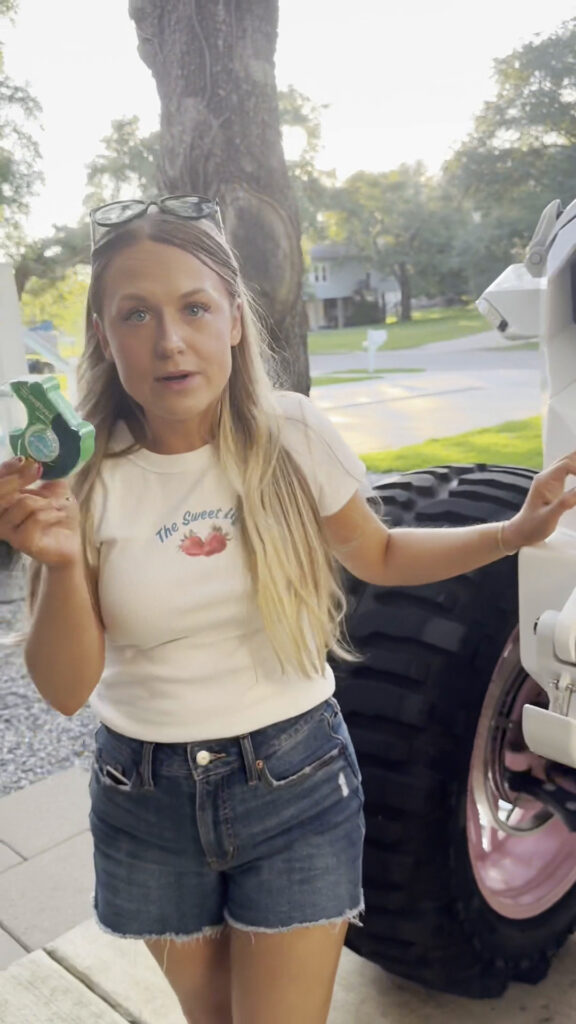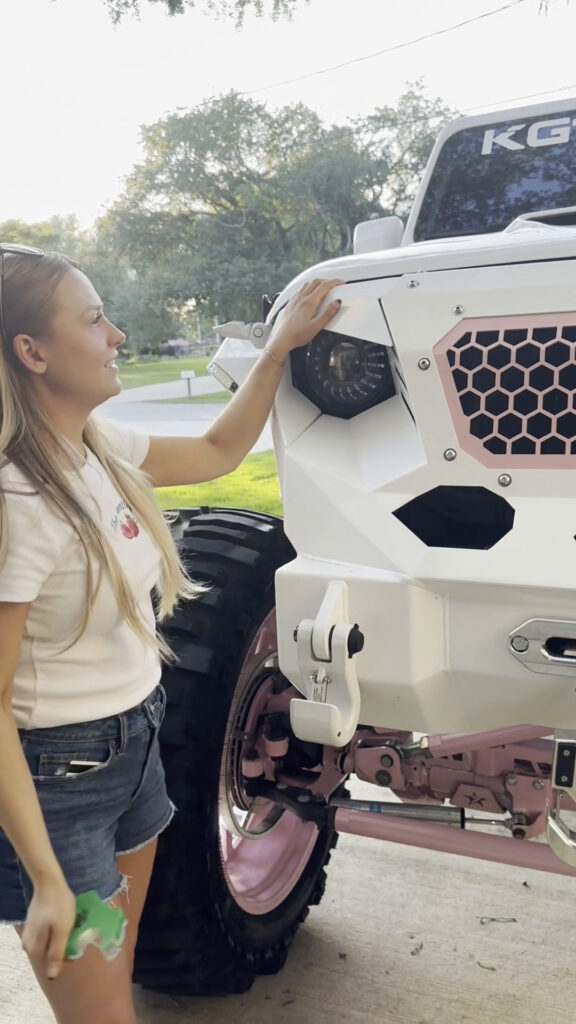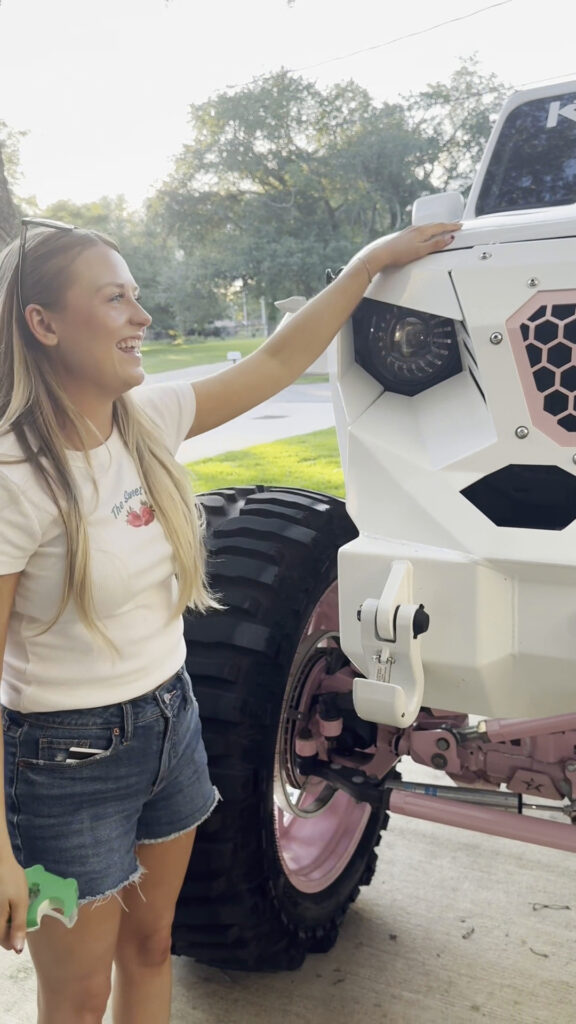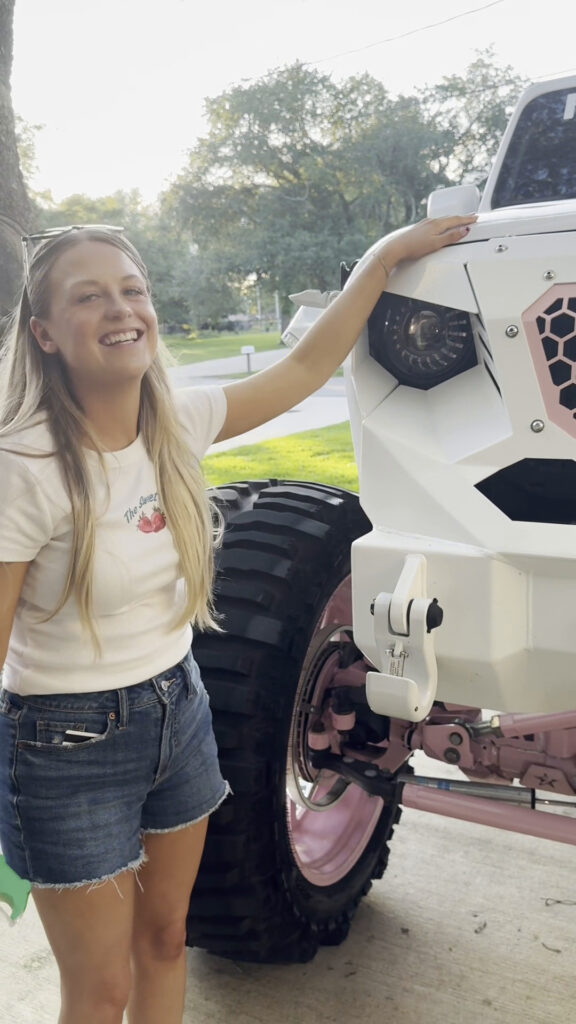We live in a world that often feels like it’s on fire—socially, politically, emotionally, and yes, sometimes literally. The group chat is unhinged, your bank account is gasping for air, and your therapist’s next available appointment is six weeks away. What’s a woman supposed to do when life feels like a bad reality show?
You brunch.
But not the fancy, influencer-style brunch with $40 avocado toast and forced smiles over tiny bites. No, I’m talking about real brunch—the kind with bottomless mimosas, deep-belly laughs, and your besties casually unpacking their childhood trauma between bites of French toast.
Because in this age of burnout, ghosting, and existential spirals, we’ve found unlikely heroes in memes, margaritas, and mutual trauma shared over carbs. And while they may not be listed in the DSM or covered by your insurance, these things are doing a heck of a job keeping us afloat.
So pour a drink, fire up the group chat, and let’s talk about the healing power of messy brunches and meme therapy.
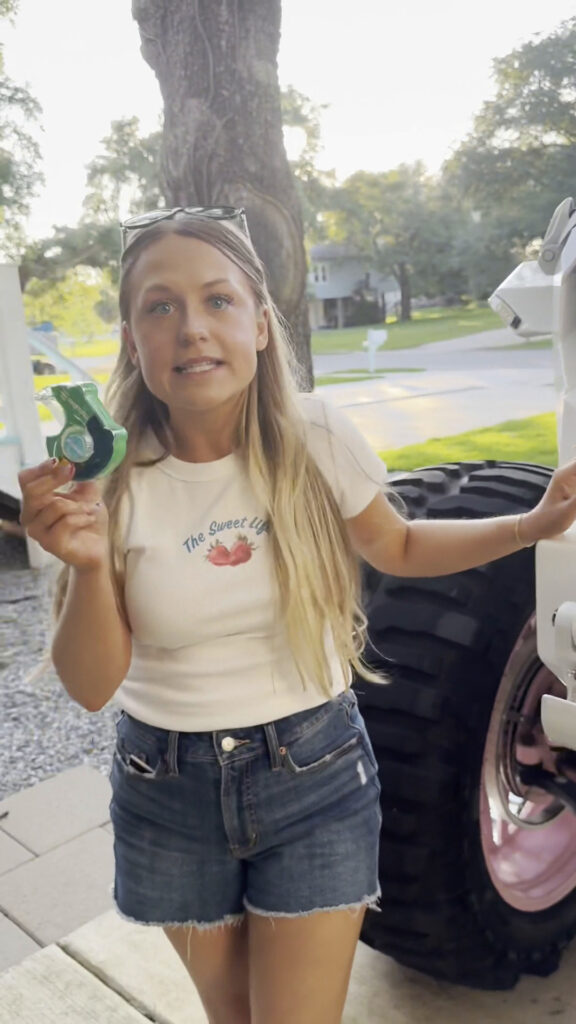
1. Memes: The Group Therapy We Never Knew We Needed
Let’s start with the humble meme—a single image with text that can dismantle your soul and rebuild it in 0.5 seconds.
Memes are our emotional shorthand. A way to scream into the void and have someone scream back, “SAME.” They say what we’re too exhausted or emotionally fried to articulate ourselves:
- “This is me pretending everything is fine while actively disassociating.”
- “Trying to be productive but my mental health said ‘no.’”
- “The economy is fake, and so am I.”
Memes are a lifeline. You wake up overwhelmed by the weight of life, open your phone, and BOOM—a perfectly timed image of a raccoon in a tutu captioned with your exact emotional state. Suddenly, you feel seen. Understood. Less alone.
Memes remind us that someone, somewhere, is going through the same chaos. They’re little laugh-sized life preservers in the sea of modern stress. They validate, comfort, and crack us up—all while demanding nothing in return.
Honestly? Better than some therapy sessions. (No offense, Dr. Patel.)
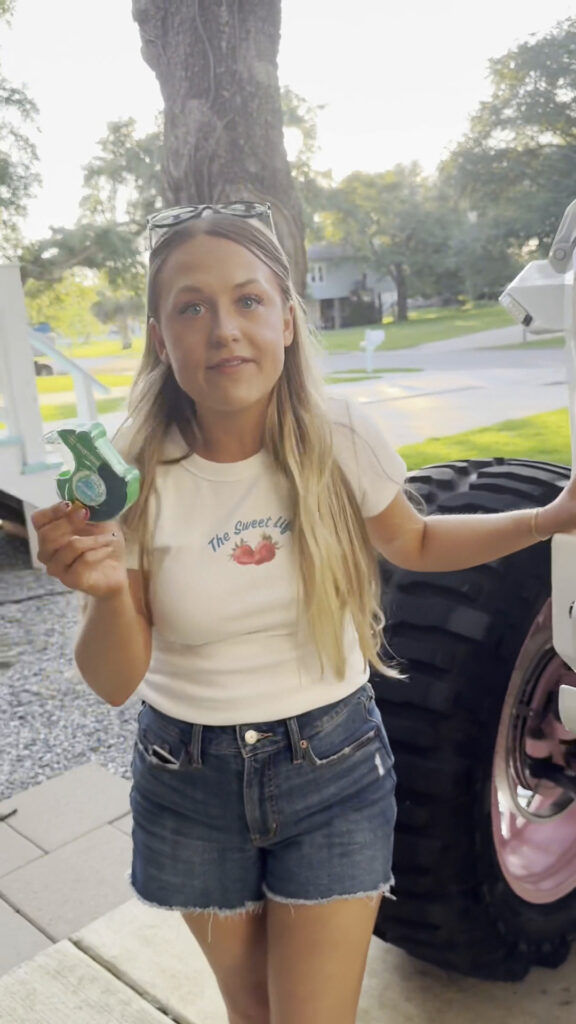
2. Margaritas: Liquid Courage for Soft Hearts
Let’s be clear: this is not a push for numbing pain with alcohol. (Although if that tequila hits just right, no judgment.)
This is about ritual. Connection. Celebration. A margarita—or your drink of choice—is more than just lime, tequila, and vibes. It’s a tiny rebellion. A way to say, “Yes, I am drowning, but at least I’m doing it with salt on the rim.”
It’s about the ceremony of gathering. Sitting down with your chosen family, clinking glasses, and letting the conversation flow as freely as the pitcher.
You start with small talk. Work stress. Weekend plans. Then the second round hits, and suddenly someone’s confessing that they cried in the Target parking lot for no reason. Someone else admits they haven’t felt okay since 2016. Another reveals they broke up with their situationship for the third time—and this time, it’s actually over (probably).
No one blinks. Because at this table, no emotion is “too much.” No story is “too messy.”
The margarita doesn’t heal the wound—but it opens the door. It lowers the drawbridge. It creates the space where healing conversations sneak in.
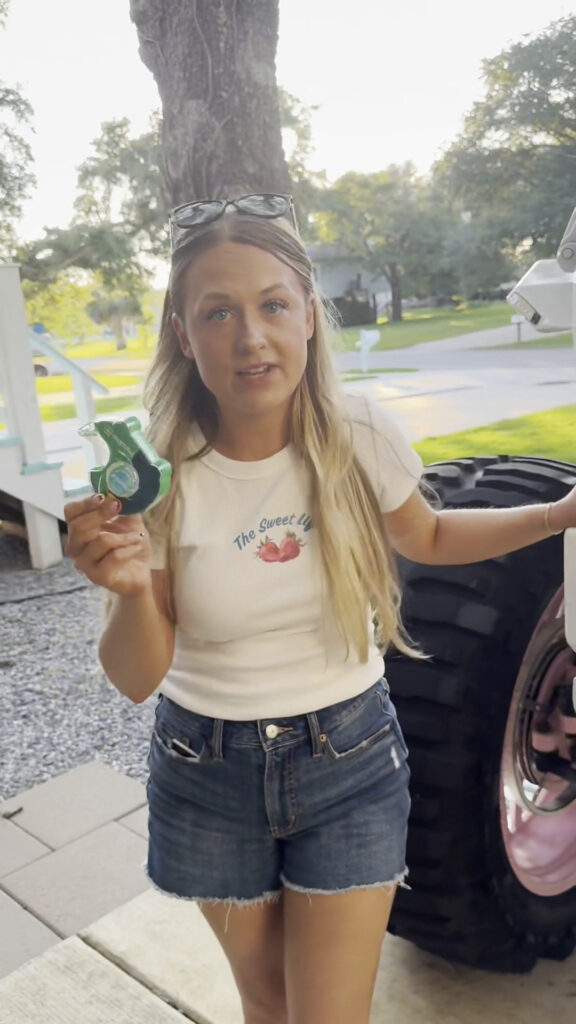
3. Mutual Trauma Over Brunch: The Realest Communion
There’s something sacred about a table full of emotionally damaged, wildly hilarious women passing around syrup, sass, and stories that would make a therapist go pale.
You sit down with the intention of catching up. Instead, you unravel—gently, hilariously, together.
Suddenly you’re talking about:
- That one ex who emotionally ghosted you while still sharing your Netflix account.
- The weird way your mom’s voice still lives in your head, telling you to suck in your stomach at age 34.
- The burnout. The body image issues. The job that drains you. The dream you secretly want to chase but feel too scared to say out loud.
And guess what? No one fixes it. No one offers unsolicited advice. They just nod, pass the hot sauce, and say, “Girl, SAME.”
That’s the magic. Mutual trauma brunch isn’t about solutions. It’s about solidarity.
It’s not a support group. It’s a safe space.
Sometimes, the most healing words aren’t “You should try this self-help book,” but “Oh my god, ME TOO.”
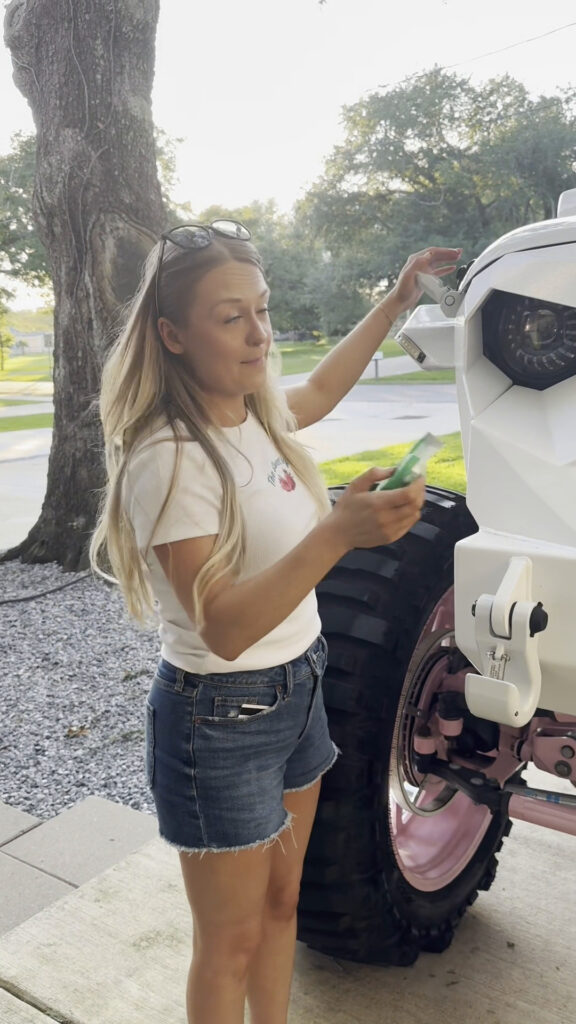
4. Laughter Is Medicine (and Also a Full-Body Workout)
There is no cardio like the kind that comes from a full-on, can’t-breathe, tears-streaming, face-contorting brunch laugh.
You know the one. Someone makes a comment about their Hinge date looking like a bootleg Jason Momoa. Another person brings up the time they peed a little while sneezing in a meeting. Before you know it, you’re all doubled over in chaotic joy.
And here’s the science: laughter releases endorphins. It reduces stress hormones. It boosts immunity. It literally rewires your brain for joy.
But beyond that? It reclaims your narrative.
When you can laugh at your own mess, your trauma stops being something that owns you. It becomes part of your story—not the whole story. Laughter turns pain into punchlines, survival into sass.
So laugh loud. Snort if you must. Ugly laugh until you cry. That’s the sound of healing.
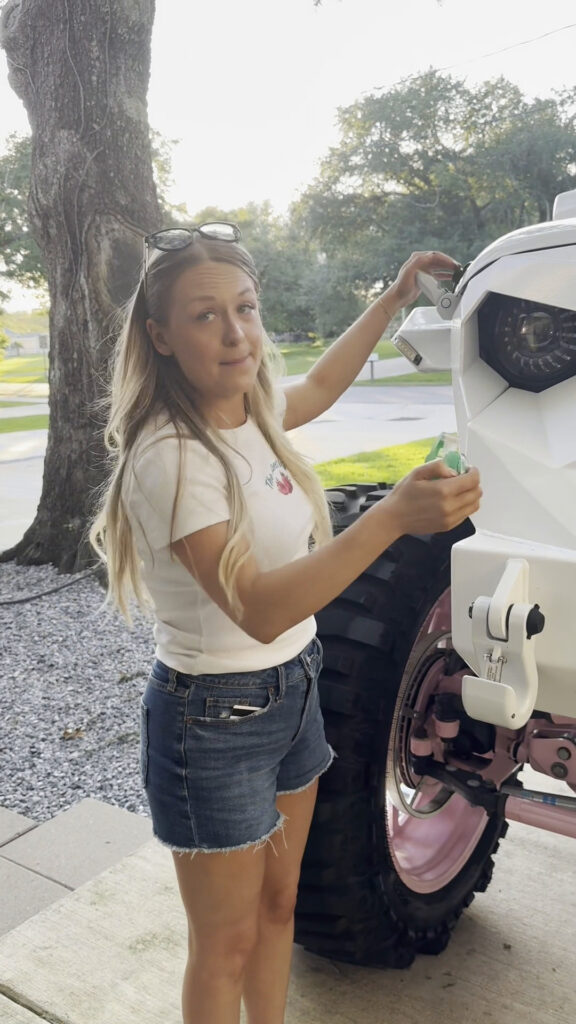
5. The Group Chat Is Church
Let’s not forget the unsung hero of modern friendship: the group chat.
Where memes are shared like gospel. Where brunch is scheduled. Where someone drops a voice memo at 1:14 AM whisper-sobbing about their ex’s new girlfriend’s eyebrows and another replies with a clown GIF.
The group chat is where the real work happens. It’s where love lives. It’s the digital version of holding someone’s hand through the chaos.
And when you finally meet up in person? It’s like the Avengers assembling—only with better outfits and way more emotional intelligence.
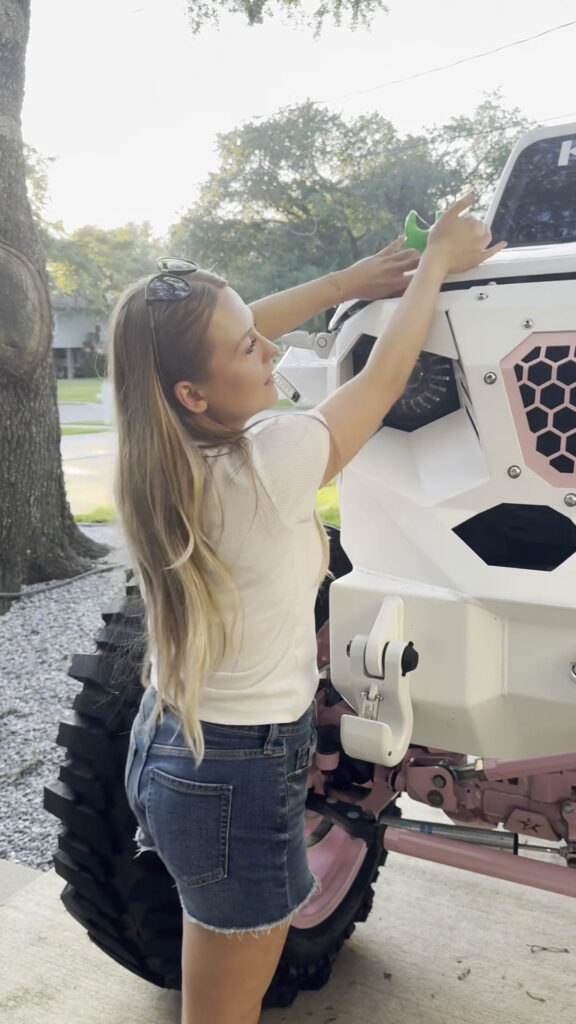
6. Stop Apologizing for Needing This
There’s a weird guilt we carry around needing comfort, humor, and connection—like we’re supposed to process our trauma quietly, gracefully, and preferably offline.
But healing isn’t linear. It’s not always solemn. Sometimes it looks like crying into your scrambled eggs while your best friend pretends the server can’t see.
And that’s okay.
You’re allowed to grieve and giggle in the same breath.
You’re allowed to use memes to say what words can’t.
You’re allowed to need margaritas and emotional check-ins, brunches that are part roast, part revelation.
Needing people isn’t weakness. It’s wisdom.
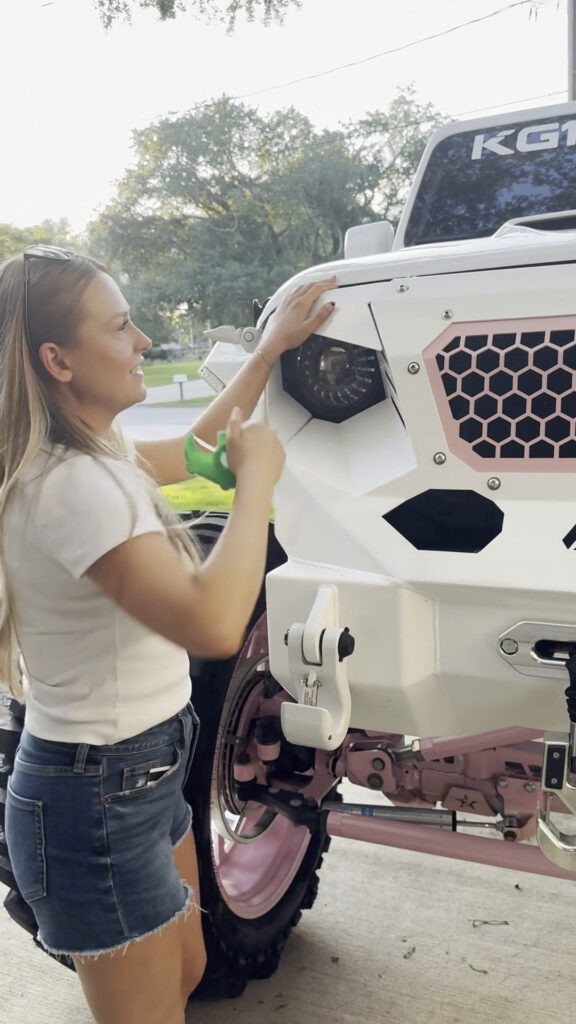
7. When Humor Is Holy
Some people look at the way we cope—through jokes, drinks, and chaos—and think we’re avoiding the real work.
But here’s the thing: humor is the work.
It’s how we process. How we relate. How we stay alive long enough to do the deep healing.
Yes, we can also go to therapy. Yes, we can journal and meditate and do shadow work. But that doesn’t mean we can’t also laugh at ourselves along the way.
Humor doesn’t minimize the pain. It gives us the strength to carry it.
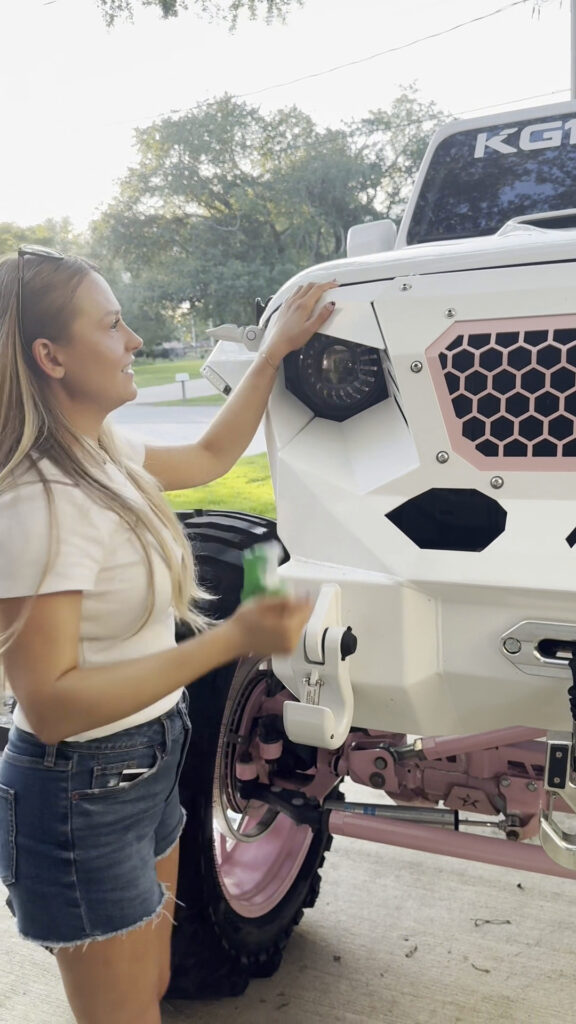
8. Healing Looks Like This
So no, maybe it’s not a formal intervention or a 10-step program. But healing does look like this:
- Someone slides you a meme that describes your anxiety better than your therapist ever has.
- Someone refills your margarita while you ramble about your ex for the third time this week.
- Someone hugs you in the parking lot, swaying a little in their wedges, and says, “You’re not crazy. You’re just tired.”
- And you believe them.
This is what modern healing looks like. Not perfect. Not polished. But powerful.
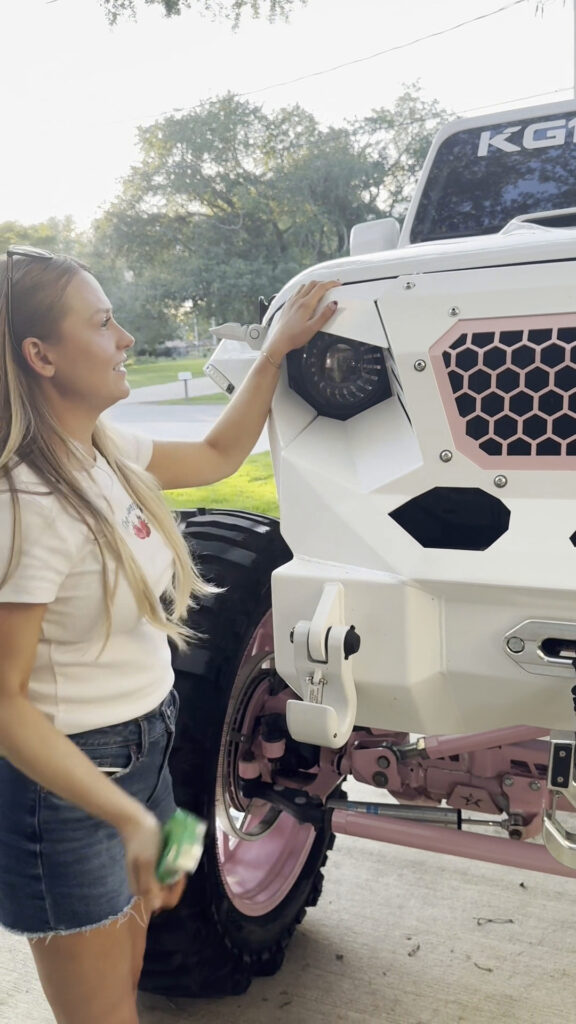
Final Thoughts: The Holy Trinity of Memes, Margaritas, and Mutual Mayhem
The world’s a mess. You’re a mess. We’re all just trying to make it through the week without spontaneously combusting.
And in the midst of that, we’ve found a way to survive:
We laugh.
We drink.
We meme.
We brunch.
It’s not therapy. It’s not magic. But it’s real. It’s healing. And it’s ours.
So no, don’t underestimate the power of sitting with your people, ordering something covered in hollandaise, and saying, “Life is absurd, but at least I’m not doing it alone.”
Let the mimosas flow. Let the tears come. Let the jokes fly.
Because sometimes, the most radical act of self-care is brunch with the people who’ve seen your mess and decided to stay anyway.
And in that moment—laughing, sipping, healing—you realize something important:
You’re going to be okay.
Not because life got easier.
But because you learned to laugh harder.
